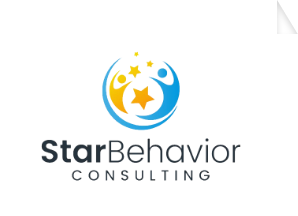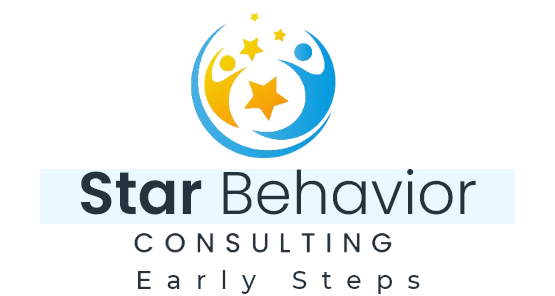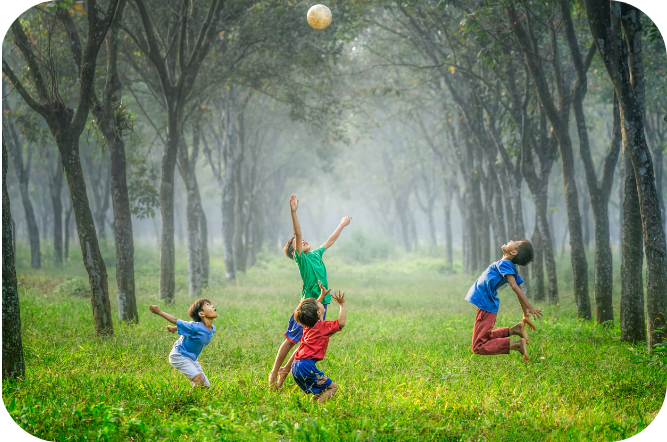
Compassion Over Compliance
Contact us
Clinic Locations
-
301 East Hickory Ave Crestview, Florida
35 SE Ely Street, Oak Harbor, Washington State
Careers
- Careers Overview
- Board Certification Behavior Analyst (BCBA)
- Board Certification Assistant Behavior Analyst (BCaBA)
- Registered Behavior Therapist (RBT)
- Field Work Supervision
Business Hours:
- Monday: 8:00am-5:30pm
- Tuesday: 8:00am-5:30pm
- Wednesday: 8:00am-5:30pm
- Thursday: 8:00am-5:30pm
- Friday: 8:00am-5:30pm
Follow us on:
©2022 Star Behavior Consulting










